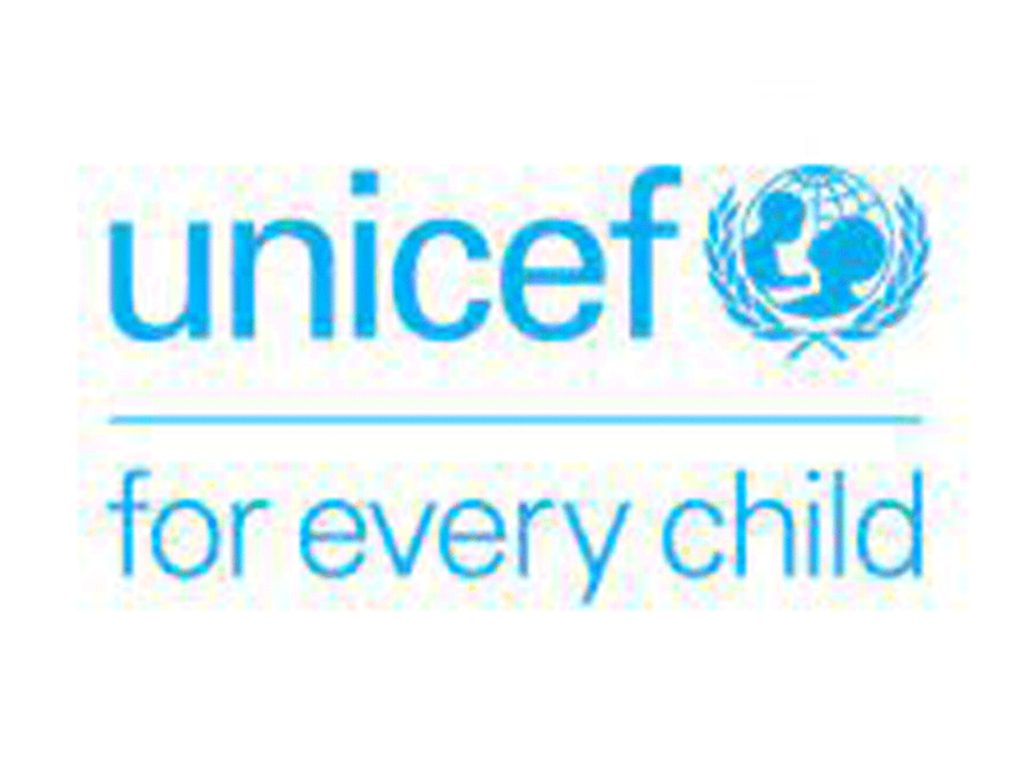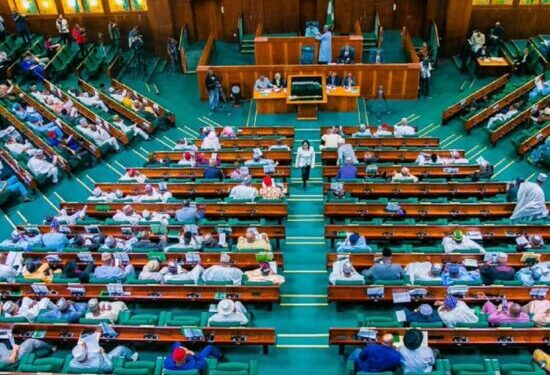FG In Collaboration With UNICEF Urges Nigeria To Stop Open Defecation

According to information released by UNICEF yesterday, Nigeria will need almost 20 million toilets in order to achieve the Sustainable Development Goals (SDGs) of eliminating open defecation by 2030.
This was revealed during a two-day media dialogue in Lagos, Nigeria, that was centered on reducing open defecation and eliminating neglected tropical diseases (NTDs).
Jane Bevan is the Chief of Water, Sanitation, and Hygiene (WASH). UNICEF, in partnership with the Oyo State Rural Water Supply and Sanitation Agency (RUWASA), arranged a media forum that brought together leaders from the Federal Ministry of Health and the private sector, as well as stakeholders from the states of Ogun, Lagos, Oyo, Ekiti, Ondo, and Osun.
In order to put a stop to open defecation, Bevan underlined the necessity of improved sanitary habits and a strong political commitment from the government.
She advocated for immediate action, pointing out the serious health hazards connected to the practice and saying, “We need political will to tackle open defecation.”
“We must put it into practice and prioritize hand washing. In order to eradicate open defecation, the media needs to support this.”
The Federal Ministry of Water Resources and Sanitation’s Chizoma Opara, Deputy Director of the “Clean Nigeria Campaign,” said that the 2021 WASHNORM study estimates that 48 million Nigerians still defecate in the open.
In order to maintain poverty, malnutrition, and poor health, she connected the practice to the spread of sanitation-related diseases, such as a number of NTDs like onchocerciasis, schistosomiasis, trachoma, lymphatic filariasis, and soil-transmitted helminthiasis (STH), which are spread through contaminated soil and feces.
Opara emphasized that eliminating open defecation would greatly lower the rate at which these illnesses spread.
“Enhanced sanitation and hygiene protocols have the potential to interrupt the transmission cycle, safeguarding susceptible groups, particularly women and children.
This conversation attempts to increase understanding of the significance of stopping open defecation and how it affects the eradication of NTDs.
She demanded a change in conduct to put an end to the practice, which has aided in the nationwide spread of illnesses.
The chairman of Oyo State’s Water Supply and Sanitation Agency (RUWASSA), Alhaji Babalola Afobaje, commended UNICEF and Governor Seyi Makinde for their efforts in aiding the campaign against open defecation, particularly in rural areas.
He promised that the organization will take full advantage of the WASH project’s opportunities to solve the problem.
References and Citation
punchng.com – UNICEF: Nigeria Needs 20m Toilets to End Open Defecation by 2030
vanguardngr.com – FG calls for end to open defecation
punchng.com – FG, UNICEF say private sector key to ending open defecation
guardian.com – FG, UNICEF vows to end open defecation in Nigeria






